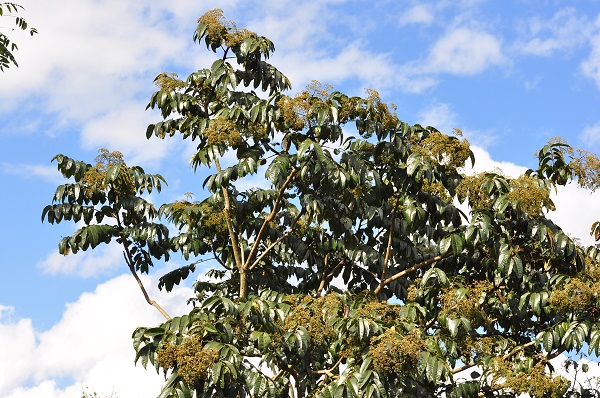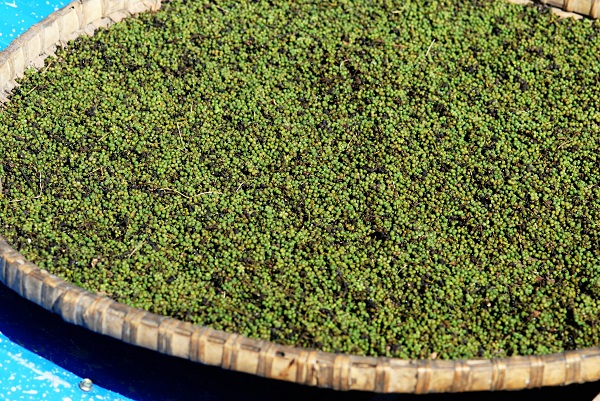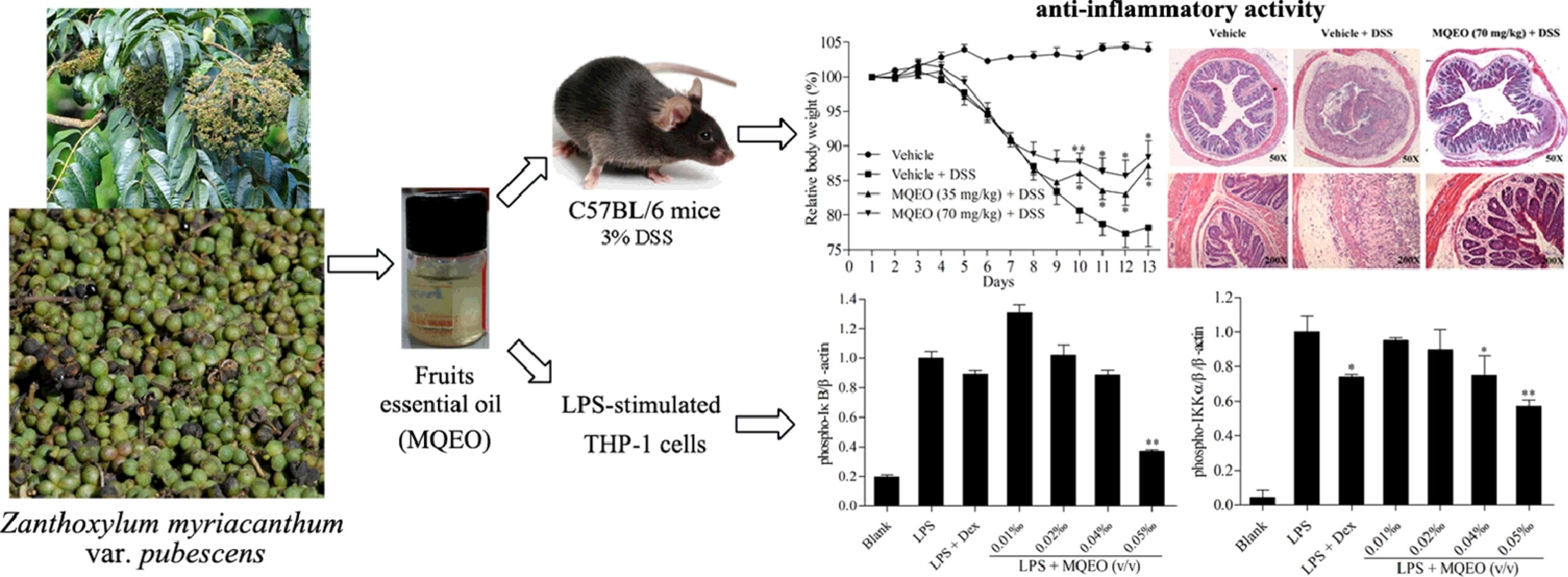Zanthoxylum myriacanthum var. pubescens is a traditional medicinal herb whose fruits are commonly consumed as a spice and used for the treatment of gastrointestinal disorders. It is distinguished by its softly hairy rachis, leaves and petiolules, and known as Maiqan in Xishuangbanna. A previous report showed that the fruits essential oil of Z. myriacanthum var. pubescens (MQEO) may hold anti-inflammatory activity. However, no reports demonstrated the anti-inflammatory of MQEO in vivo.
Researchers from Xishuangbanna Tropical Botanical Garden (XTBG) investigated the anti-inflammatory effect in vivo against dextran sulfate sodium (DSS)-induced intestinal inflammation in mice and explored related mechanisms with the THP-1 cell line. Their aim was to investigate the anti-inflammatory effect of Maqian as potential candidate for the treatment of intestinal inflammation.
The researchers provided drinking water containing 30% dextran sulfate sodium (DSS) to mice (6–8 weeks, 20–25 g) for 10 days and then normal drinking water for 3 days. They gave MQEO (35 and 70 mg/kg) 5 days before experiments and continued for another 13 days. Afterwards, mice were euthanized and colonic tissue was collected to be analyzed for evaluating the damage of colons, the mRNA levels, and the expressions of myeloperoxidase (MPO) and matrix metalloproteinase-9 (MMP-9). They used Lipopolysaccharide (LPS)-stimulated THP-1 cell line to explore the role of inflammatory markers.
The results demonstrated that the essential oil form fruits of Maqian possessed healing activity against DSS-induced intestinal inflammation in mice. The anti-inflammatory effect was through inhibiting the overproduction of inflammation mediators and may be associated with Toll-like receptors (TLR) 4 mediated nuclear factor-κB signaling pathway. Their results also supported the traditional use of Maqian against digestive disorders and suggested its fruits essential oil might be a useful therapy for the treatment of human inflammatory bowel disease.
The study entitled “Protective effect of the essential oil ofZanthoxylum myriacanthum var. pubescensagainst dextran sulfate sodium-induced intestinal inflammation in mice” has been published online in Phytomedicine.
Contact
Prof. ZHANG Ping Ph.D Principal Investigator
Key Laboratory of Tropical Plant Resources and Sustainable Use, Xishuangbanna Tropical Botanical Garden
E-mail: zhangping@xtbg.org.cn
Tel: 86 691 8713169

Zanthoxylum myriacanthum var. pubescens (Image by XU Youkai) 
Fruits of Maqian (Image by XU Youkai)  Essential oil of maqian fruits possesses anti-inflammatory activity (Image by JI Kailong) |



